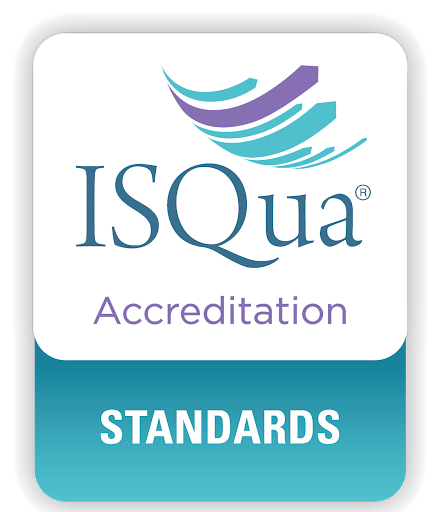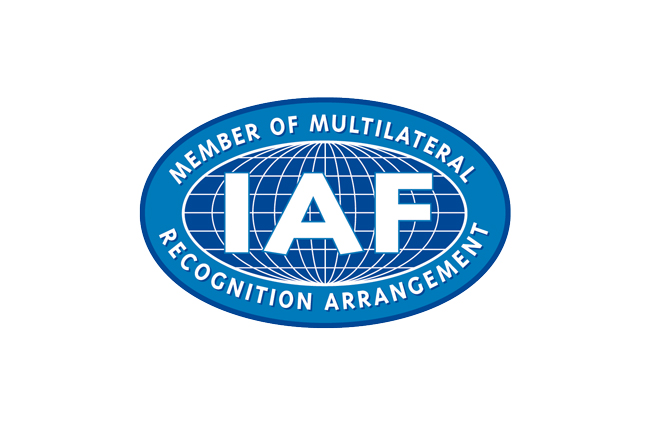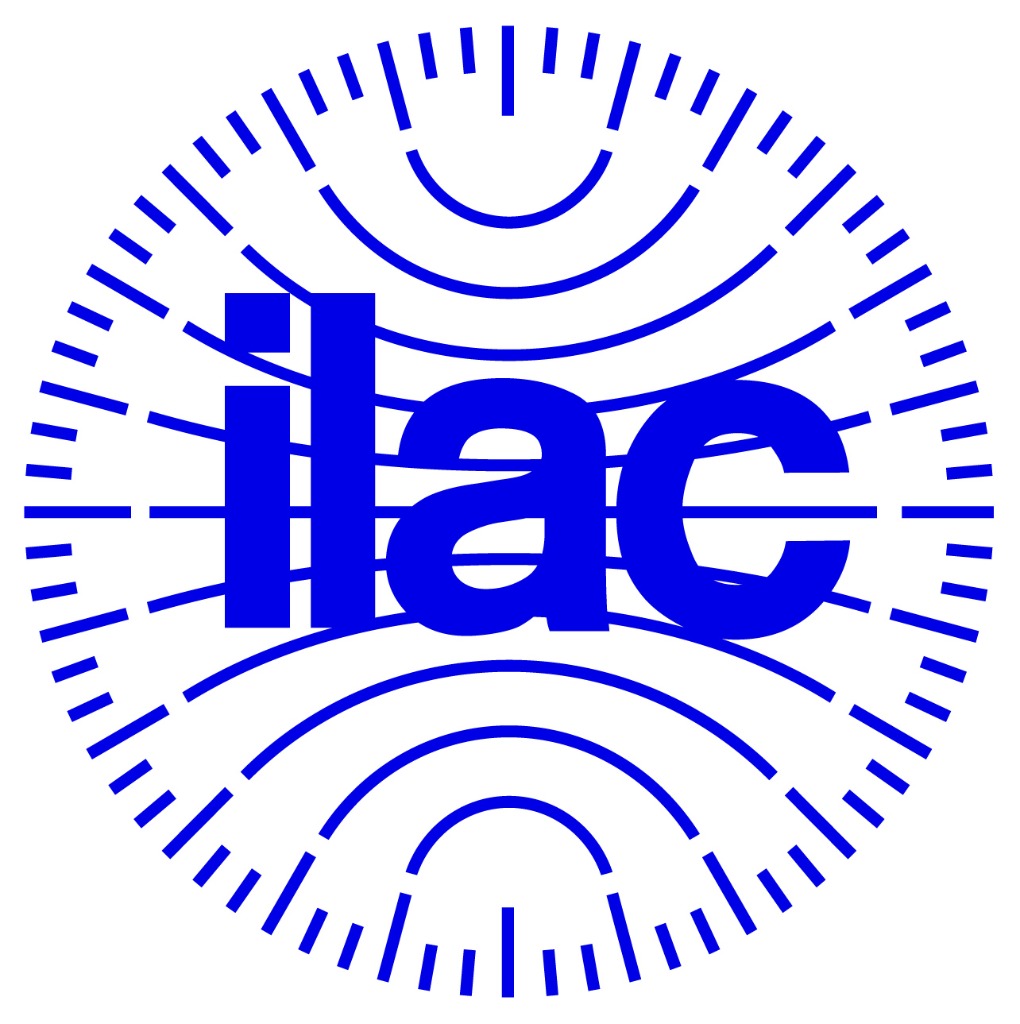How to get an ISO certification for your organisation?
The International Organisation for Standardization is an organisation that develops international standards for products, services & business processes. But this organisation neither undertakes certification of businesses nor issues certificates to them. However, there are several ISO certification consultants that can help your business get certified and several certification bodies that can award certification.
Whom to approach for ISO certification?
The ISO certification process and issue of certificates is performed by third party Certification Bodies or Registration bodies which are certified by members of International Accreditation Forum (IAF) and also ISO/IEC 17021:2015 certified. So, for instance, if you wish to obtain an ISO certification in Dubai, you must look for an ISO certifying body which is accredited by the EIAC. ISO certification agencies assist and guide you in setting and maintaining specific quality management standards required to earn a certification, through improving the existent quality systems, setting new quality objectives, and focussing on the development process. These certified organisations further guide you through the ISO processes until you finally get a certification.
What are the steps to get ISO Certification?
Once you decide to get ISO certification for your organisation, and if you decide against appointing a consultant, you must attend to a few important prerequisites before you approach an ISO certification body.
PLAN- Decide the category you want to get ISO certification for. For instance, if your intent is to standardize the quality of your business, the ISO 9000 or ISO 9001:2015 certification can be your choice.
DOCUMENT– Organize your documents to suit the requirement of your system. For instance, the specific ISO 9001 documentation requirement were a Quality Manual, Control of Documents Procedure, Control of Records Procedure, Control of Nonconformity Procedure, Internal Audit Procedure, Corrective Action Procedure, Preventive Action Procedure, Standard Operating Procedures etc. At this point you may choose to hire a Quality Assurance specialist for your company. If you choose to hire a consultant, they will give you a clear picture as to what documents are really required for your organisation.
IMPLEMENT– Train your employees to be organised and to follow the standardized operational processes and quality management principles of your business.
INTERNAL AUDIT– Undertake a gap analysis, i.e., conduct internal audits of the quality manuals and quality standards, processes and people with the help of an internal auditor and undertake actions to fill any gaps to be able to fulfil the ISO 9001 requirements. Effective completion of this step will validate ISO conformance, but you still are a step away from certification.
CERTIFICATION– The last and the most critical step is to finalize and approach a certifying organisation which provides certification for the ISO standard you want to be certified for. The certifying body will send an independent auditor to conduct an external audit and verify the different aspects of your business to issue the ISO 9001 certificate.
A few things you need to keep in mind as you prepare for the initial ISO certification audit are:
– take the internal audits seriously
– implement all corrective actions
– conduct the management review
– prepare your team and the documentations
– keep everything spick and span.
After successful and satisfactory completion of the external audit, your business will be awarded with the ISO certificate. But if the systems and documents are not found satisfactory non-conformance will be highlighted and the business will have to prepare a detailed Non-Conformance Report (NCR) and take necessary corrective actions and record the same with the NCR and file.
Maintaining Certification
The work does not end after your business earns the ISO certificate. Once you get the certification, it becomes very essential to continue following the procedures and maintaining the documents systematically. Though most certifications are valid for a period of 3 years, the auditors will run at least one annual check, known as surveillance audit, to ensure that the certified business is meeting all the ISO requirements and following all ISO procedures.
















